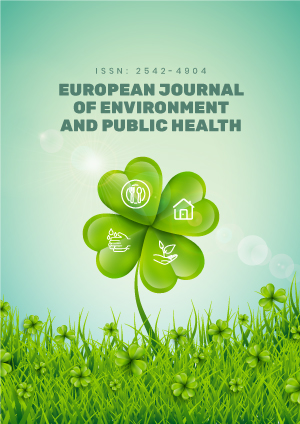Abstract
SARS-CoV-2 (novel coronavirus responsible for coronavirus disease 2019) is a beta (β-) sub-class of the coronavirus which has caused more harm to live than expected. SARS-CoV-2 which was declared as a pandemic by the World Health Organization (WHO) on 11 March 2020, has caused governments globally to declare and implement the “lock down” policy for its citizen, including Nigeria with a large population in Africa. The country National Centre for Disease Control (NCDC) made it known the testing methods adopted by them are not effective at curtaining the large population of her citizens. Our main goal in this review is to focus on the SARS-CoV-2 pathogenesis and new diagnostic techniques approaches that can be adopted in Nigeria. A total of 88,432 testing has been carried out by the NCDC, with 14,554 confirmed cases in 200 million populations. Although the SARS-CoV-2 test adopted by the NCDC has been on the molecular testing using real-time reverse transcriptase polymerase chain reaction (RT-PCR) and antibody tests using blood, which has many demerits. We therefore recommend the NCDC should approach new diagnostic techniques like use of saliva samples and loop-mediated isothermal amplification (LAMP). Conclusively, when these methods are considered, testing rates will greatly improve.
License
This is an open access article distributed under the Creative Commons Attribution License which permits unrestricted use, distribution, and reproduction in any medium, provided the original work is properly cited.
Article Type: Review Article
EUR J ENV PUBLIC HLT, Volume 5, Issue 1, 2021, Article No: em0064
https://doi.org/10.29333/ejeph/9145
Publication date: 04 Nov 2020
Article Views: 3839
Article Downloads: 2295
Open Access References How to cite this article
 Full Text (PDF)
Full Text (PDF)